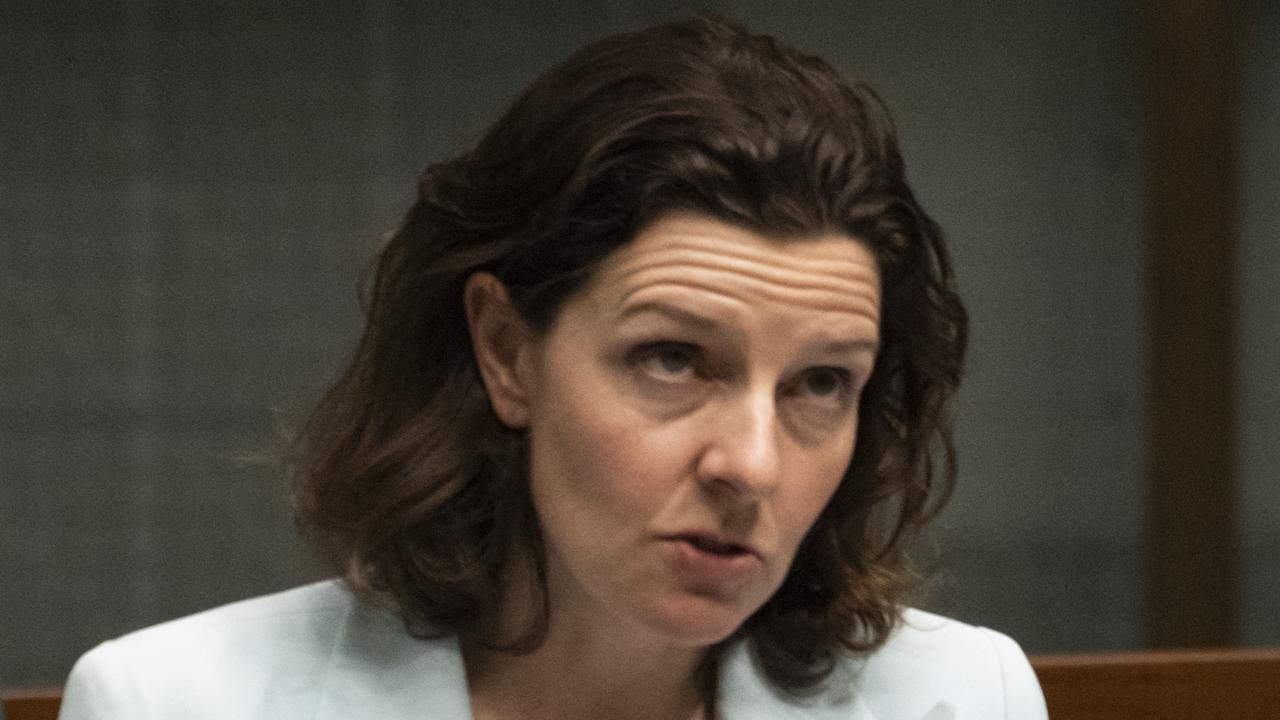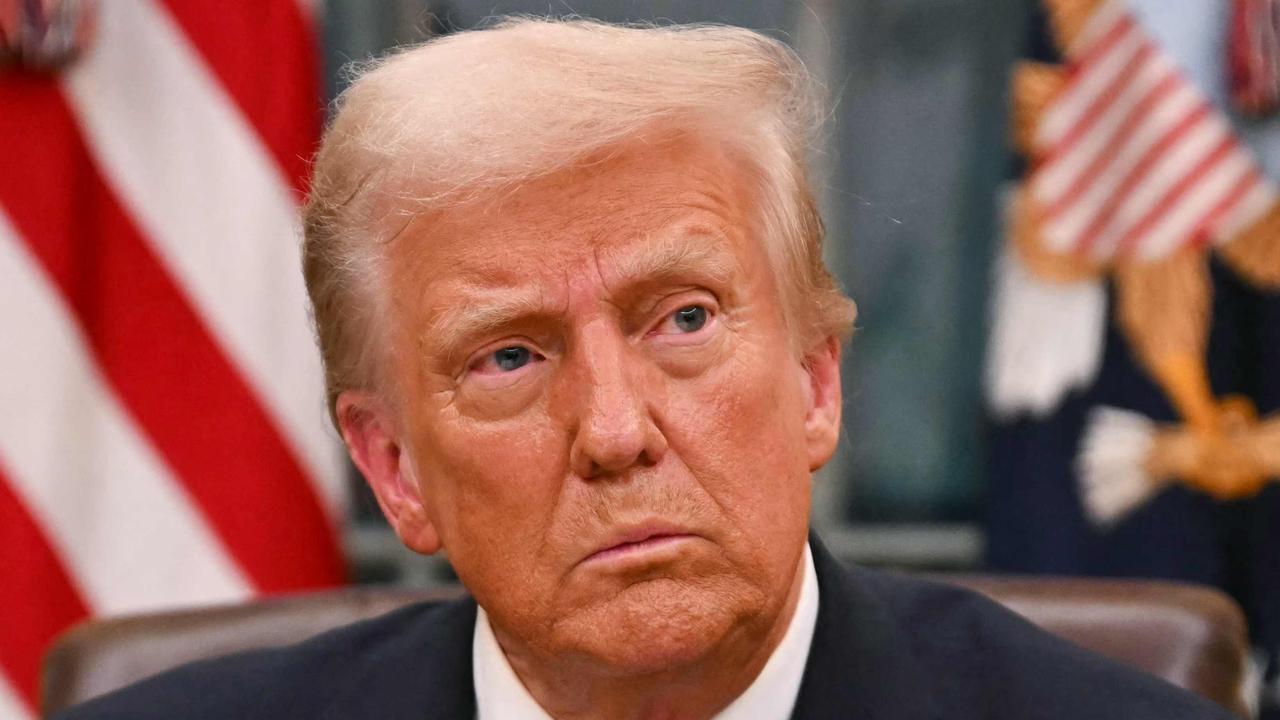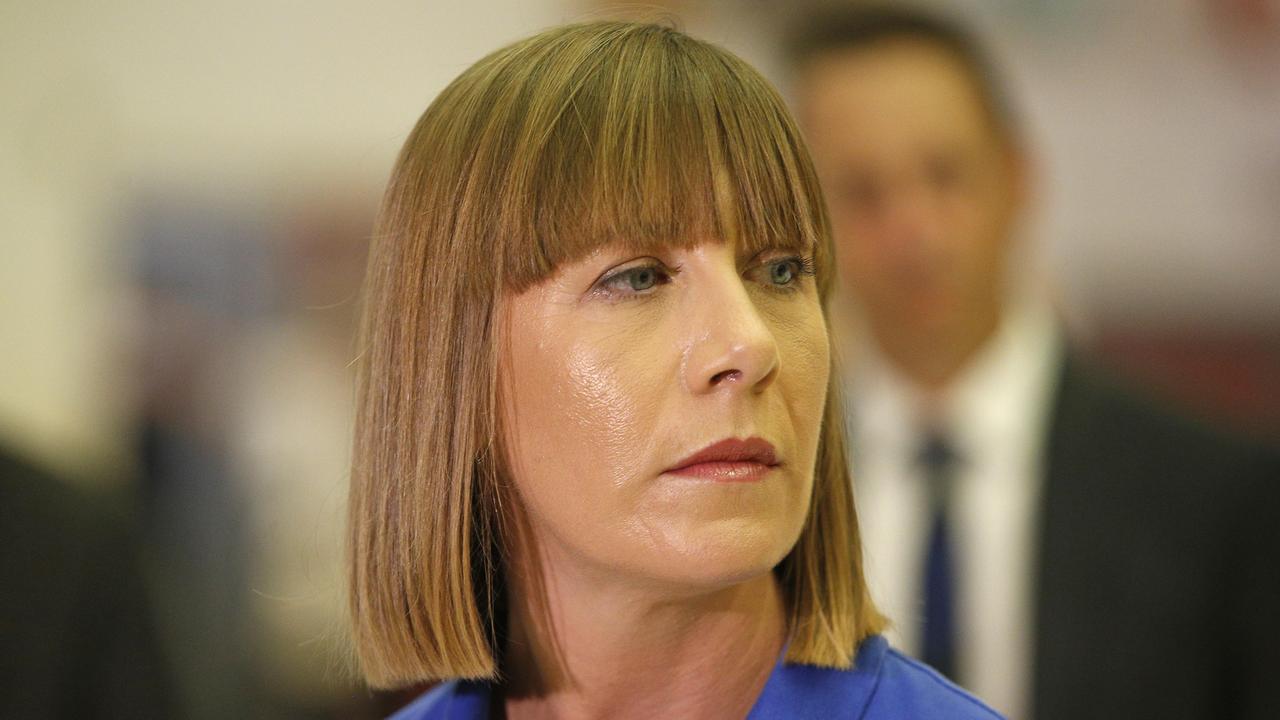Greens to move urgent motion to condemn US President Donald Trump
In an extraordinary move, Australian politicians are being called to condemn US President Donald Trump and “stop his “politics coming to Australia”.
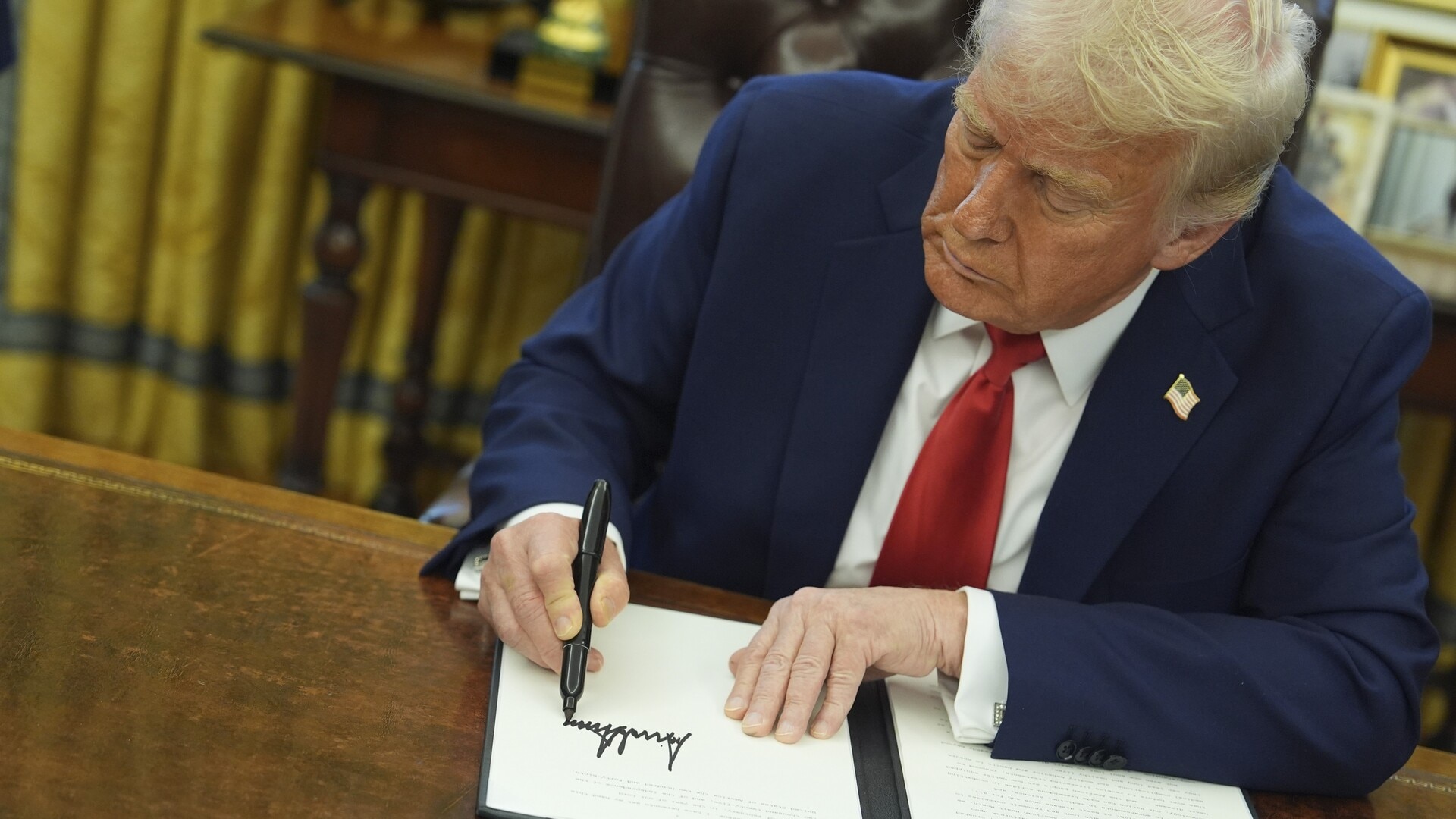
The Greens are poised to move an urgent motion to denounce US President Trump as a “threat to Australia and the world”, with Deputy Prime Minister Richard Marles set to travel to Washington DC to meet with his US counterpart, Defence Secretary Pete Hegseth.
Greens senator Nick McKim wrote to senate president Sue Lines on Tuesday, saying the minor party will call on the Senate to debate and vote to “stop Trump-style politics coming to Australia”.
“That the election of President Trump is a threat to Australia and the world, including his attacks on human rights, democracy and climate action, that the toxic influence of billionaires and corporations in political decision making must end, and that we must do everything we can stop Trump-style politics coming to Australia,” the motion reads.
The motion is likely to cause objections from Labor and Coalition senators who have publicly congratulated Mr Trump on his inauguration.
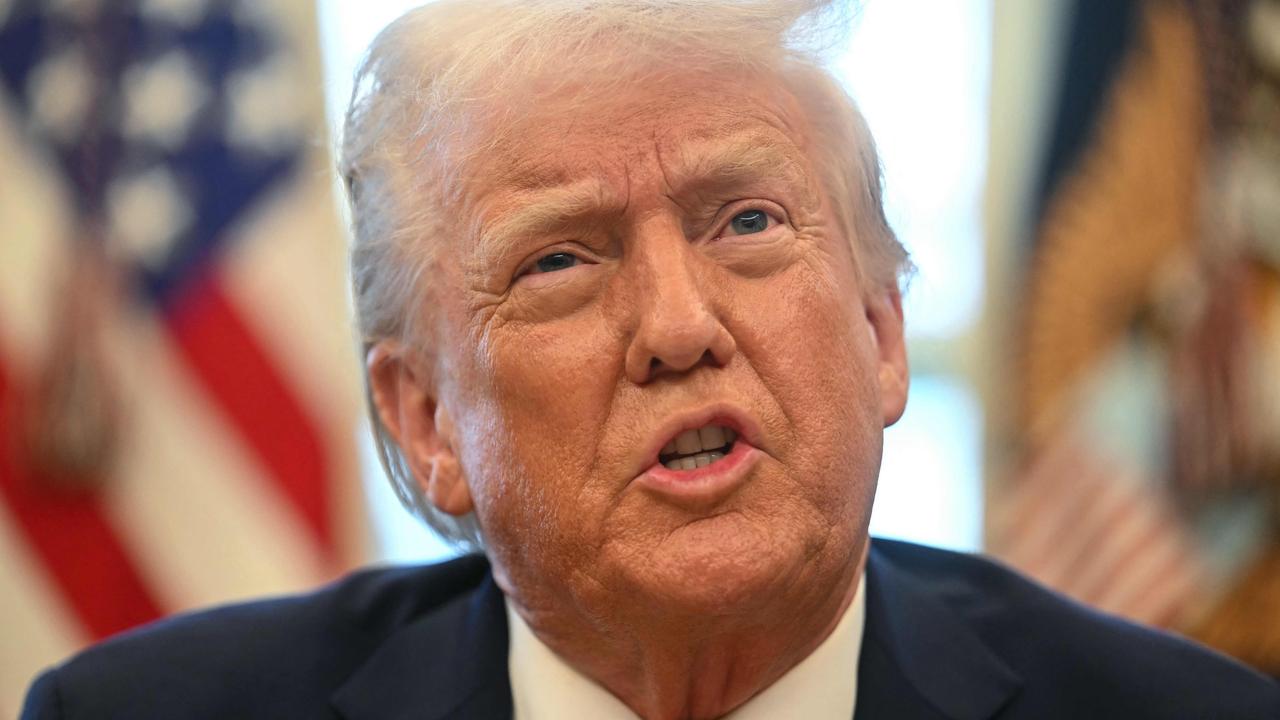
Foreign Minister Penny Wong has also met her counterpart, US Secretary of State Marco Rubio, with Mr Marles set to discuss the US and Australian defence relationship with Mr Hegseth later this week.
The trip follows a phone call between Mr Marles and Mr Hegseth last week.
The Greens motion comes as the US, Mexico and Canada agreed to a 30 days pause on new tariffs to allow for further negotiations.
The US has also flagged 10 per cent tariffs on Chinese goods, which would have a secondary impact on Australia.
While Jim Chalmers said he wouldn’t be “presumptuous” about the potential for Australia to also be hit with tariffs, he said Australia’s “economic relationship” with the US was very different to Mexico and Canada.
While the Treasurer said Australia was “not immune” from “escalating trade tensions,” he was confident Australia “can navigate it” and said Treasury modelling had been done prior to the US election.
“These are two great countries and two great economies, and the relationship can and should be mutually beneficial, and that’s the point that we’ll be pressing,” he said.


